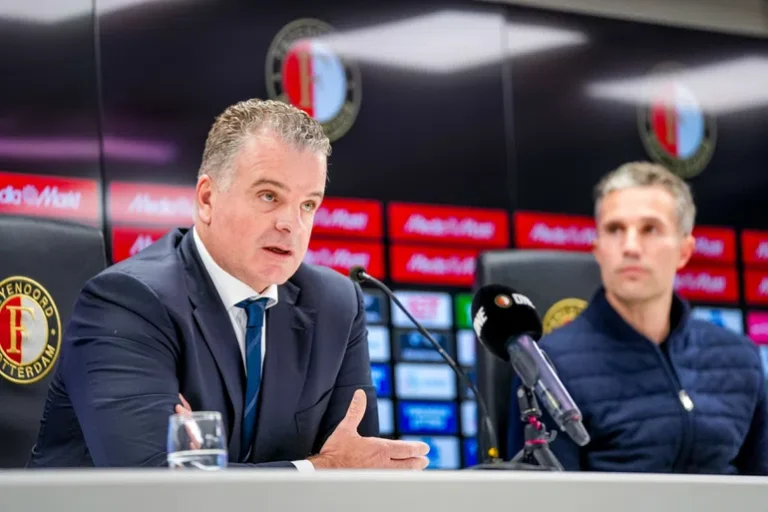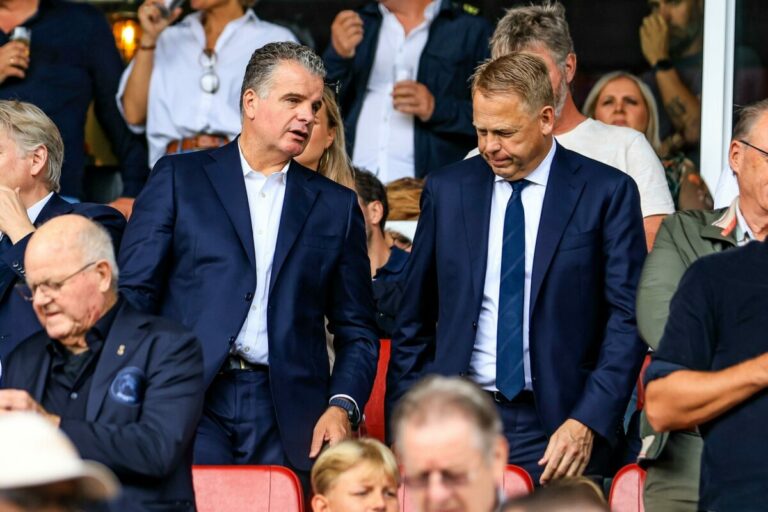
Texas head football coach Steve Sarkisian has firmly addressed and refuted a recent report claiming that the Longhorns’ current roster carries a staggering $40 million valuation in Name, Image, and Likeness (NIL) deals. Speaking at a media availability during offseason workouts, Sarkisian called the figure “irresponsible,” asserting that it misrepresents both the reality of his program and the intent behind NIL in college athletics.
The report, which circulated widely across sports media and social platforms, suggested that Texas was operating one of the most expensive rosters in college football history, leveraging NIL collectives and booster contributions to assemble a team stacked with blue-chip talent. While the Longhorns have indeed been a major player in the NIL era — thanks in part to deep donor pockets, an expansive alumni base, and the advantages of operating in a major media market — Sarkisian made it clear that such numbers are grossly exaggerated and out of line with the truth.
“I think it’s really irresponsible to throw around numbers like that,” Sarkisian said. “To suggest our roster is worth $40 million is just flat-out wrong. It discredits the work our players put in, the development they go through, and the culture we’ve built here. It paints a picture that our success is being bought, and that’s not what’s happening at Texas.”
Sarkisian’s rebuttal comes at a time when the conversation around NIL is increasingly complex and politically charged. College football is still adjusting to the new landscape brought about by the Supreme Court’s decision to allow student-athletes to profit from their name, image, and likeness — a ruling that has fundamentally changed recruiting, roster management, and competitive balance across the country.
Programs like Texas, with resources and influence, naturally find themselves at the center of scrutiny. The Longhorns have attracted top-tier talent in recent years, including elite quarterback recruits like Arch Manning and high-profile transfers from around the country. Their success on the recruiting trail has prompted speculation that NIL has become a decisive factor in their rise — a narrative that Sarkisian clearly believes undercuts the work his staff has done in developing a championship-level program.
“It’s easy to point to NIL and say, ‘That’s why Texas is getting guys,’ but we’ve built a program that recruits want to be part of,” Sarkisian explained. “We have a winning culture, great facilities, and we play in front of 100,000 fans every Saturday. Our coaching staff is developing players for the next level. Those things matter.”
Indeed, Texas is coming off a breakout season in which they reached the College Football Playoff for the first time in program history. Sarkisian’s team beat Alabama on the road early in the year and carried that momentum all the way to a Big 12 Championship in their final season before joining the SEC in 2024. The success has added fuel to the program’s national profile and intensified the scrutiny over how its success is being achieved.
Much of the controversy stems from the role of NIL collectives — third-party entities that pool resources from donors and businesses to help facilitate NIL deals for student-athletes. At Texas, the most prominent of these is the Horns With Heart initiative, which initially gained national attention for its “Pancake Factory” campaign, compensating offensive linemen for charitable work. Since then, other initiatives have formed, expanding NIL opportunities across the roster.
Sarkisian emphasized that while NIL has created new avenues for players to benefit financially, the University of Texas maintains a structured, compliant, and ethical approach to how these opportunities are presented.
“We’re not handing out contracts to come play football here,” Sarkisian said. “These kids earn their opportunities. They meet with business leaders, they work with charities, they’re learning to manage money and build a brand responsibly. That’s what NIL was supposed to be about — not this idea that we’re just buying players like it’s free agency.”
Athletic Director Chris Del Conte also weighed in via a university-released statement, backing Sarkisian’s position and reinforcing Texas’ commitment to maintaining a level playing field within NCAA guidelines. “Our focus has always been on education, development, and opportunity,” Del Conte stated. “While NIL is a part of the landscape now, it’s not the foundation of our program’s success.”
The report that triggered Sarkisian’s response remains unverified, and its authors have not provided documentation or sourcing to support the $40 million claim. Nonetheless, it has ignited a wider conversation about the need for transparency, regulation, and context in how NIL is reported and discussed.
For Sarkisian, the priority remains preparing his team for its SEC debut — a move that brings new challenges and heightened expectations. With a roster full of high-ceiling athletes and NFL-caliber prospects, Texas is being touted as a potential SEC contender right out of the gate. The last thing Sarkisian wants is for that momentum to be overshadowed by misinformation.
“There’s a lot of noise out there,” Sarkisian said. “Our job is to keep our guys focused and grounded. They’re working hard this offseason — in the weight room, in the film room, on the practice field. That’s what builds championship teams. Not headlines, not dollar signs.”
As Texas continues to embrace the opportunities that come with being a top-tier program in the NIL era, Sarkisian’s message is clear: success in Austin is being earned — not bought.






